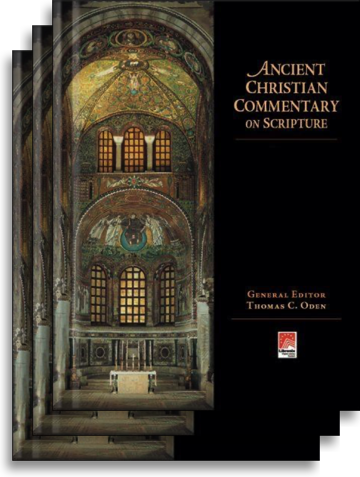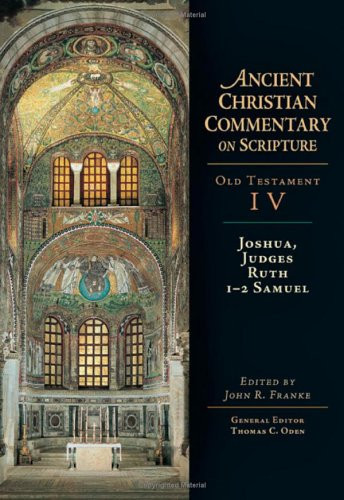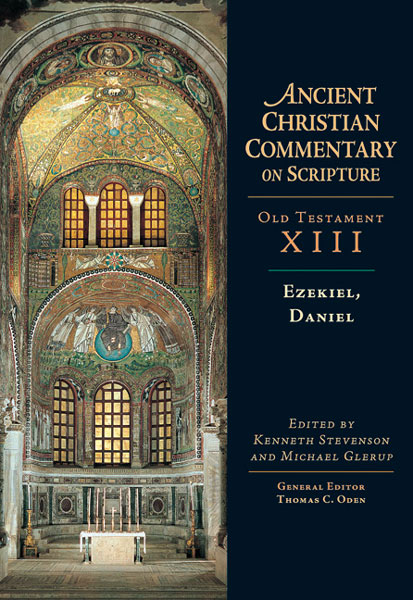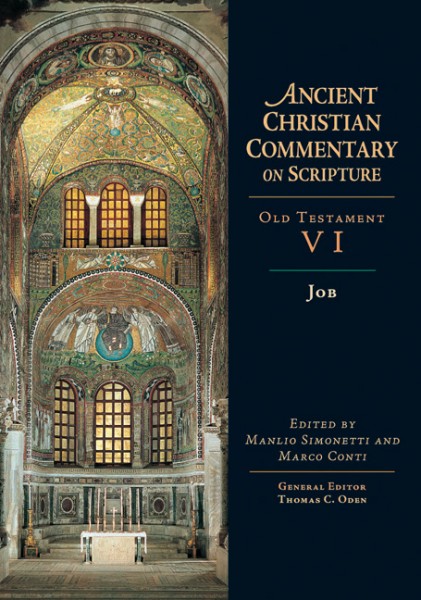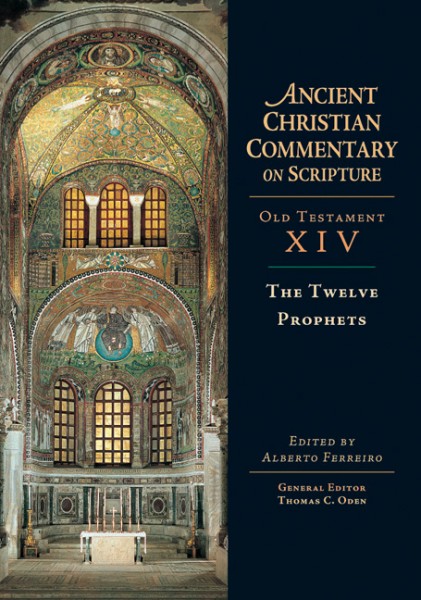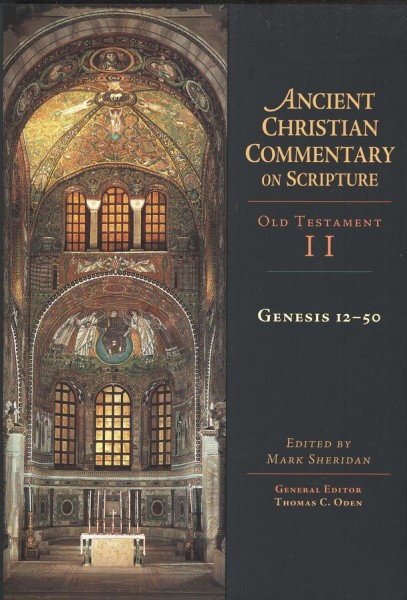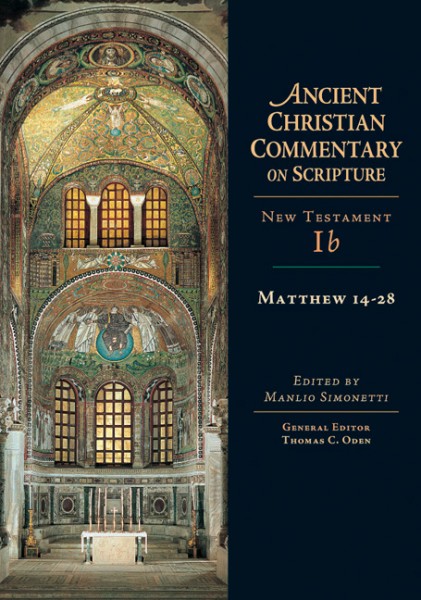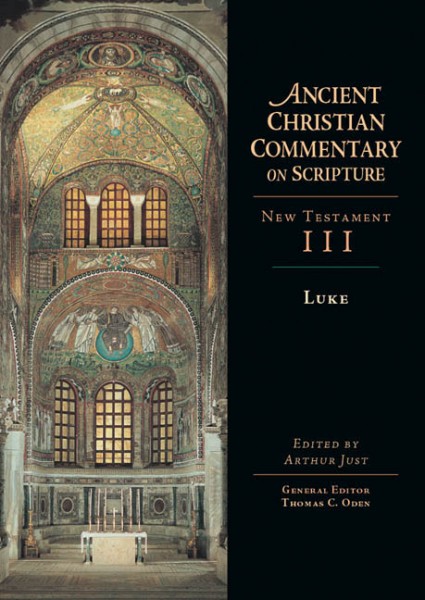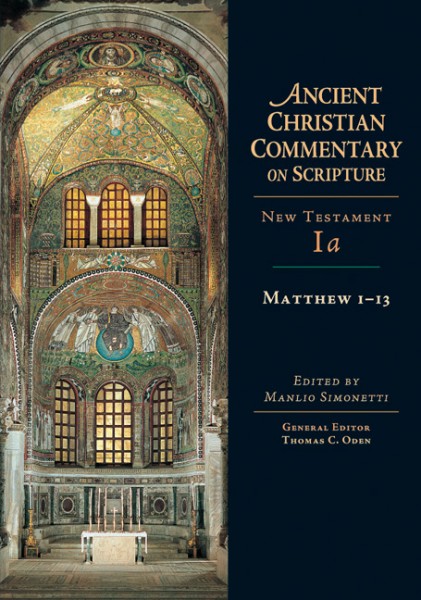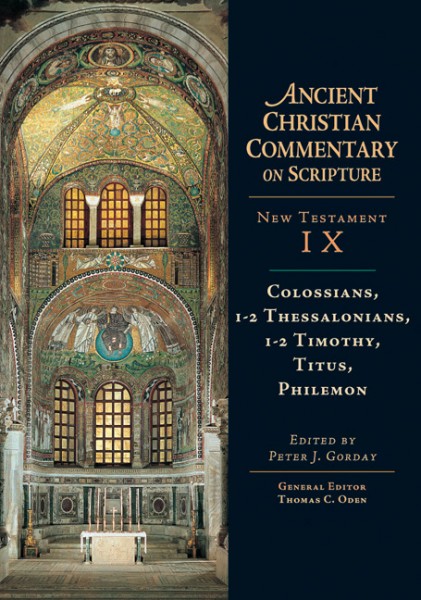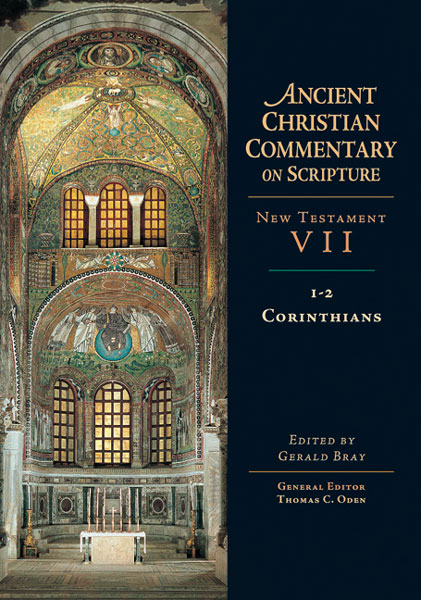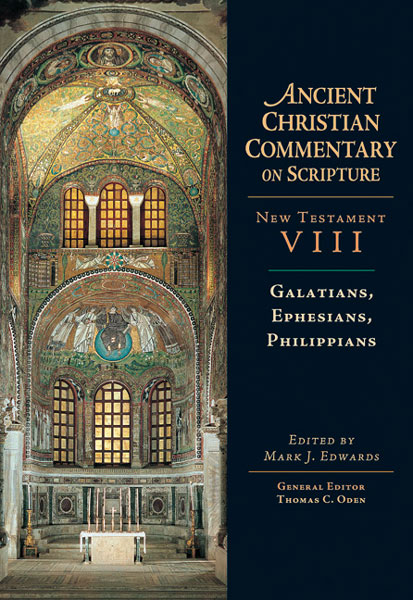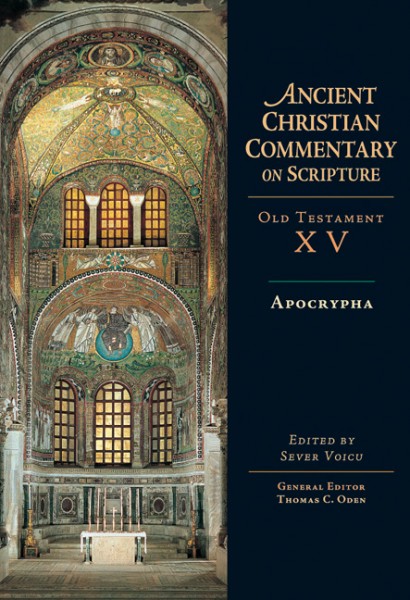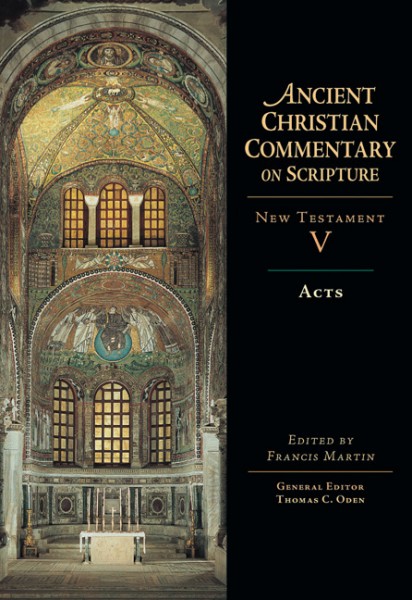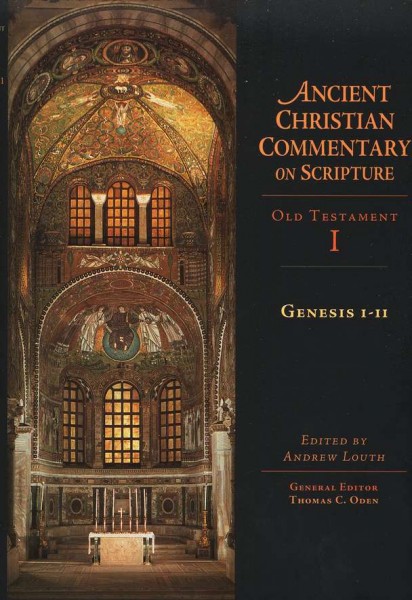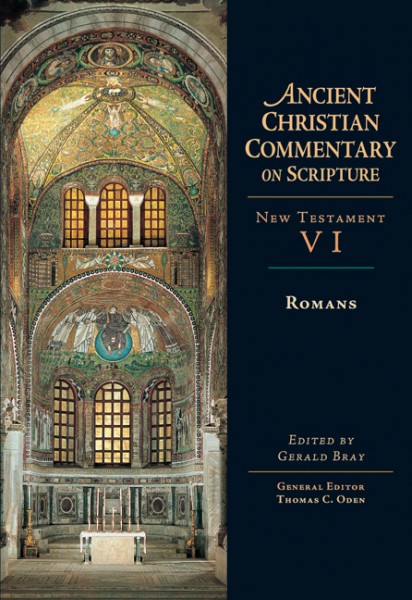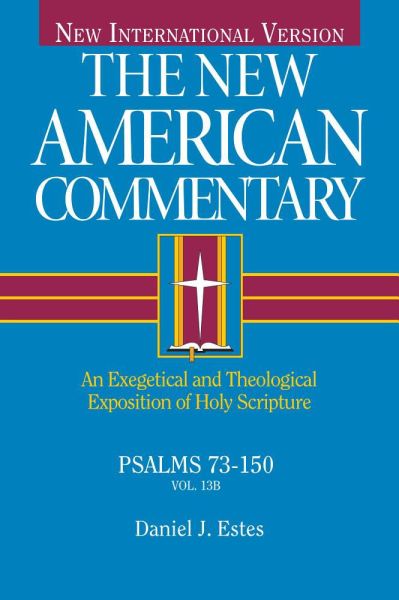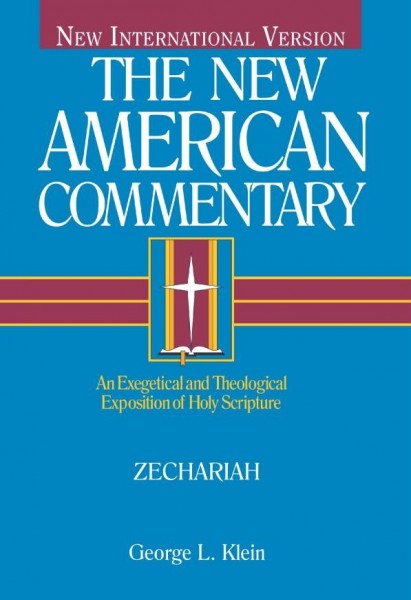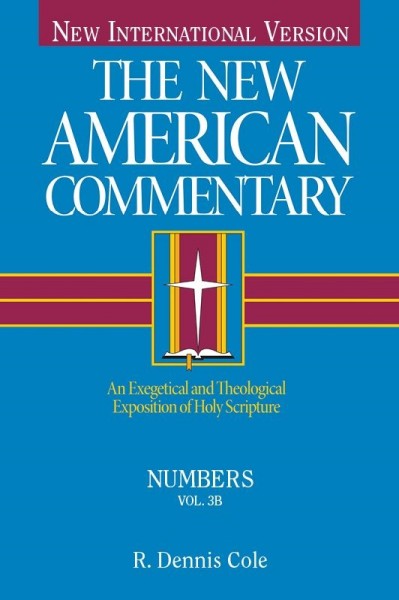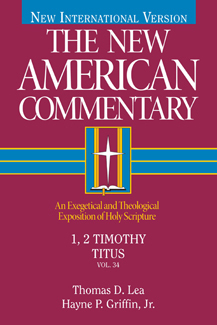


1-2 Kings, 1-2 Chronicles, Ezra, Nehemiah, Esther: Ancient Christian Commentary on Scripture (ACCS)

1-2 Kings, 1-2 Chronicles, Ezra, Nehemiah, Esther: Ancient Christian Commentary on Scripture (ACCS)
The Ancient Christian Commentary on Scripture does what very few of today's students of the Bible could do for themselves. With the aid of computer technology, the vast array of writings from the church fathers—including much that is available only in the ancient languages—have been combed for their comment on Scripture. From these results, scholars with a deep knowledge of the fathers and a heart for the church have hand-selected material for each volume, shaping, annotating and introducing it to today's readers. Each portion of commentary has been chosen for its salient insight, its rhetorical power and its faithful representation of the consensual exegesis of the early church.
The Ancient Christian Commentary on Scripture is an ecumenical project, promoting a vital link of communication between the varied Christian traditions of today and their common ancient ancestors in the faith. On this shared ground, we listen as leading pastoral theologians of seven centuries gather around the text of Scripture and offer their best theological, spiritual and pastoral insights.
Today the historical-critical method of interpretation has nearly exhausted its claim on the biblical text and on the church. In its wake there is a widespread yearning among Christian individuals and communities for the wholesome, the deep and the enduring. The Ancient Christian Commentary on Scripture does not seek to replace those excellent commentaries that have been produced in the twentieth century. Rather, it supplements them, framing them with interpretive voices that have long sustained the church and only recently have fallen silent. It invites us to listen with appreciative ears and sympathetic minds as our ancient ancestors in the faith describe and interpret the scriptural vistas as they see them.
The Ancient Christian Commentary on Scripture is a postcritical revival of the early commentary tradition known as the glossa ordinaria, a text artfully elaborated with ancient and authoritative reflections and insights. An uncommon companion for theological interpretation, spiritual reading, and wholesome teaching and preaching.
About the 1-2 Kings, 1-2 Chronicles, Ezra, Nehemiah, Esther volume:
The church fathers, as they did in earlier books dealing with Israel's history from the time of Joshua to the united monarchy, found ample material for typological and moral interpretation in 1-2 Kings, 1-2 Chronicles, Ezra, Nehemiah and Esther. As will be immediately clear to readers of this volume, they gave much more attention to 1-2 Kings than to any of the other books addressed here; whether this was due to a certain repetitiveness in the story line or other reasons is unclear. But the narratives of wise King Solomon, the construction of the temple, the prophets Elijah and Elisha, and the fates of various faithful and unfaithful kings and other powerful people were well suited to their purposes.
Among Greek commentators in this collection, readers will find Justin Martyr, Clement of Alexandria, Origen, Methodius, Eusebius of Caesarea, Athanasius, Cyril of Jerusalem, Basil the Great, Gregory of Nazianzus, John Chrysostom, Cyril of Alexandria, Theodoret of Cyr, Procopius of Gaza and John the Monk. Among Latin commentators are Tertullian, Cyprian, Novatian, Lactantius, Ambrose, Jerome, Prudentius, Augustine, Paulinus of Nola, John Cassian, Peter Chrysologus, Maximus of Turin, Salvian the Presbyter, Fulgentius of Ruspe, Caesarius of Arles, Gregory the Great, Bede and Rabanus Maurus. Syriac commentators include Aphrahat, Ephrem, Sahdona, Isaac of Nineveh and Isho'dad of Merv.
Together they set before readers a table of delights and theological insights, some of which are here available to English readers for the first time.
